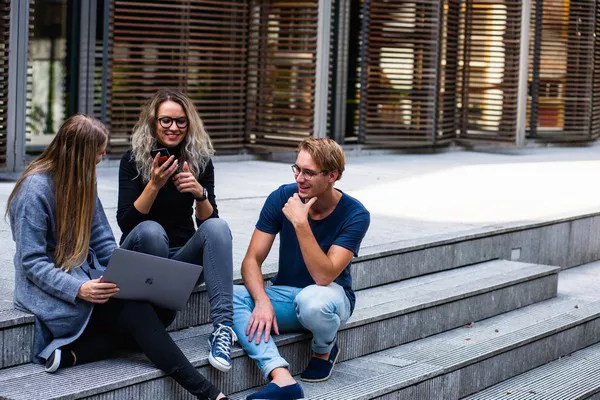Rebellious behavior can take many different forms, ranging from small acts of defiance to large-scale social movements. At its core, rebellious behavior is any action that challenges the status quo or established norms and values.
One example of rebellious behavior is civil disobedience.
Civil disobedience is a form of nonviolent protest that involves intentionally breaking a law or rule in order to draw attention to an issue or bring about social change. This type of rebellious behavior has a long and storied history, dating back to the civil rights movement in the United States in the 1950s and 1960s.
Perhaps the most famous example of civil disobedience is the Montgomery bus boycott, which began in 1955 in Montgomery, Alabama.
African American citizens, led by Rosa Parks and other activists, refused to ride on the city’s segregated buses, which required black passengers to sit at the back and give up their seats to white passengers if the bus became crowded. The boycott lasted for more than a year, and eventually led to a U.S. Supreme Court decision declaring segregation on buses unconstitutional.
Another example of civil disobedience is the Salt March led by Mahatma Gandhi in India in 1930.
In protest of the British salt tax, which made it illegal for Indians to produce or sell their own salt, Gandhi and his followers marched over 240 miles to the coast and began making their own salt. The march and subsequent acts of civil disobedience helped galvanize the Indian independence movement.
More recently, civil disobedience has been used as a tactic in various social movements, including the environmental movement and the Black Lives Matter movement.
For example, activists with the environmental group Extinction Rebellion have staged protests that involve blocking streets and disrupting transportation in major cities, in order to draw attention to the urgent need for action on climate change.
Overall, civil disobedience is an example of rebellious behavior that can be a powerful tool for social change. By breaking laws or rules in a nonviolent and intentional way, activists can draw attention to issues that are often overlooked or ignored, and mobilize others to join them in the fight for a more just and equitable society.




























